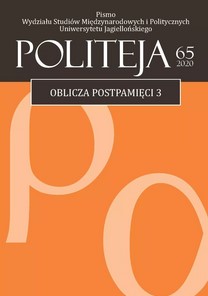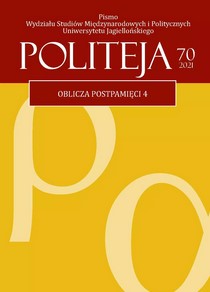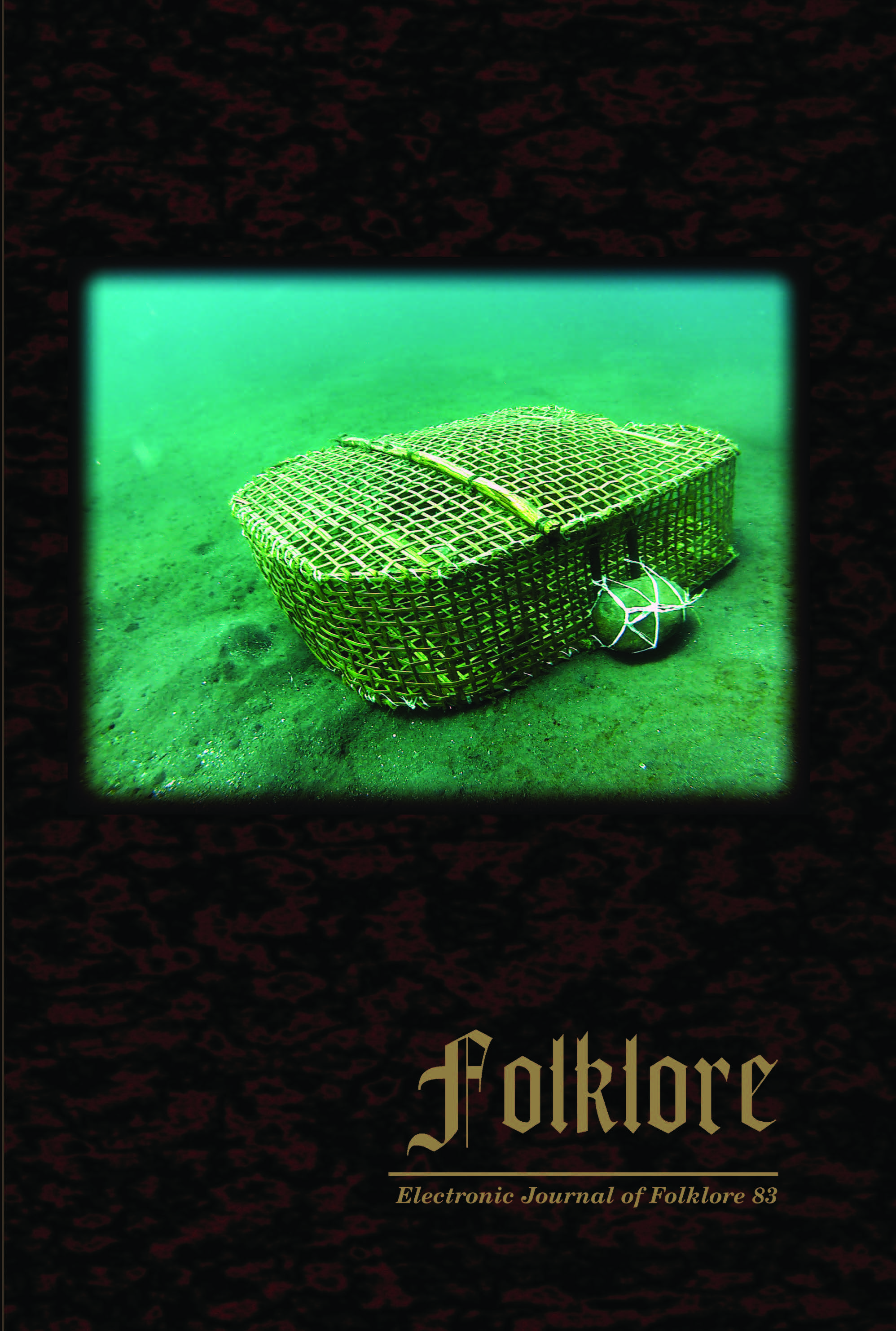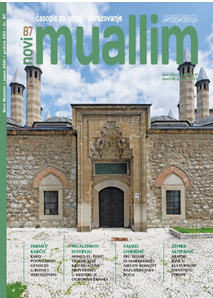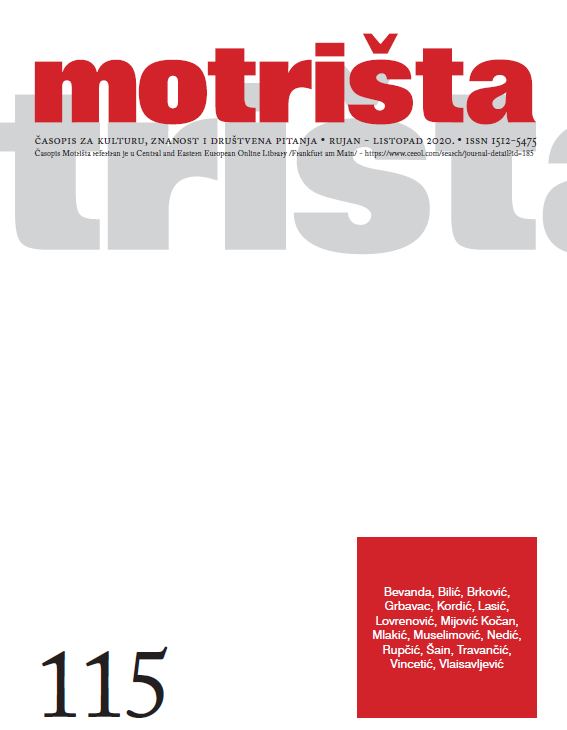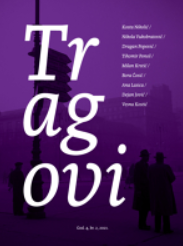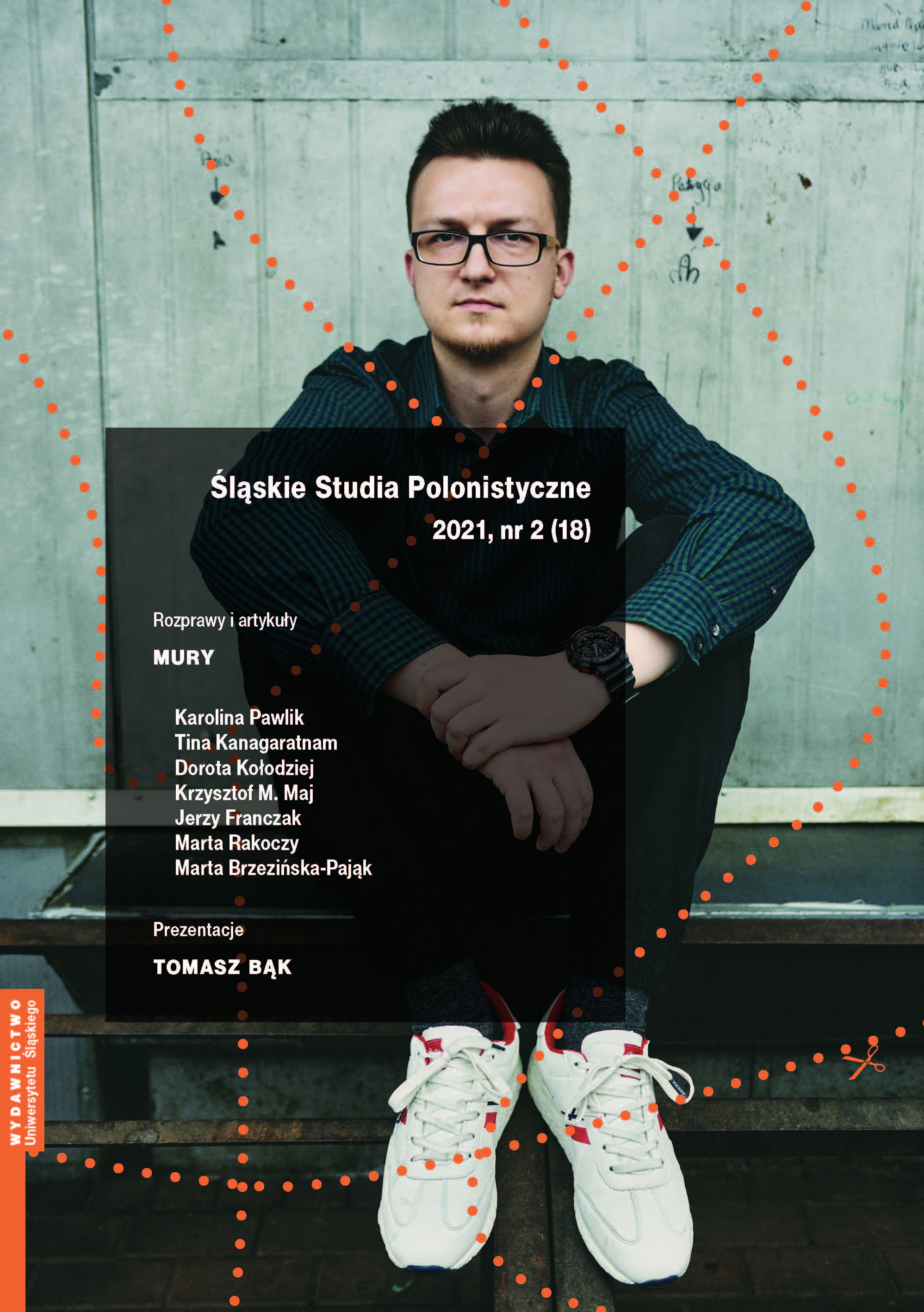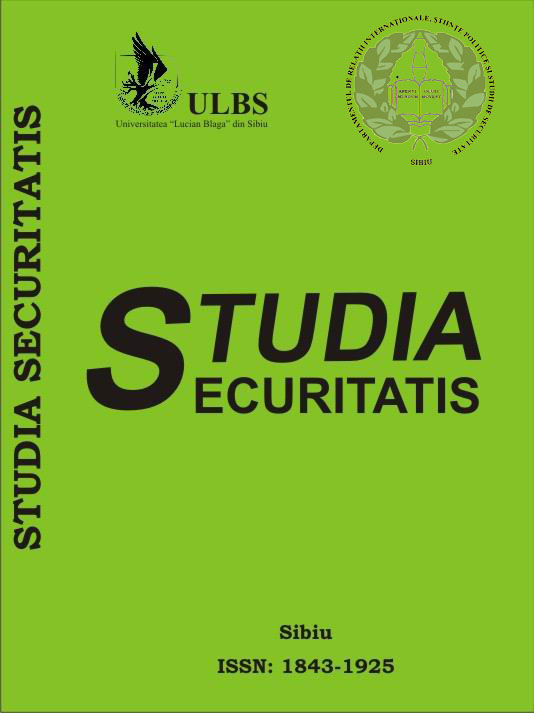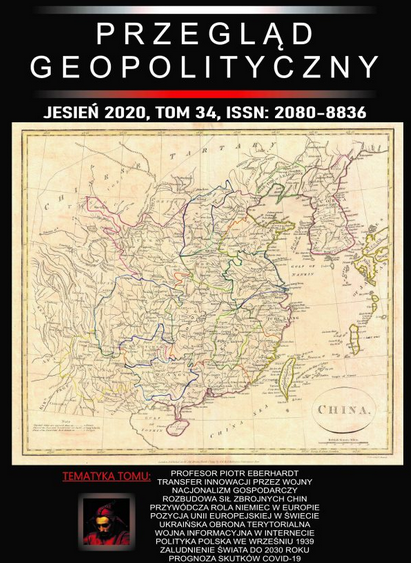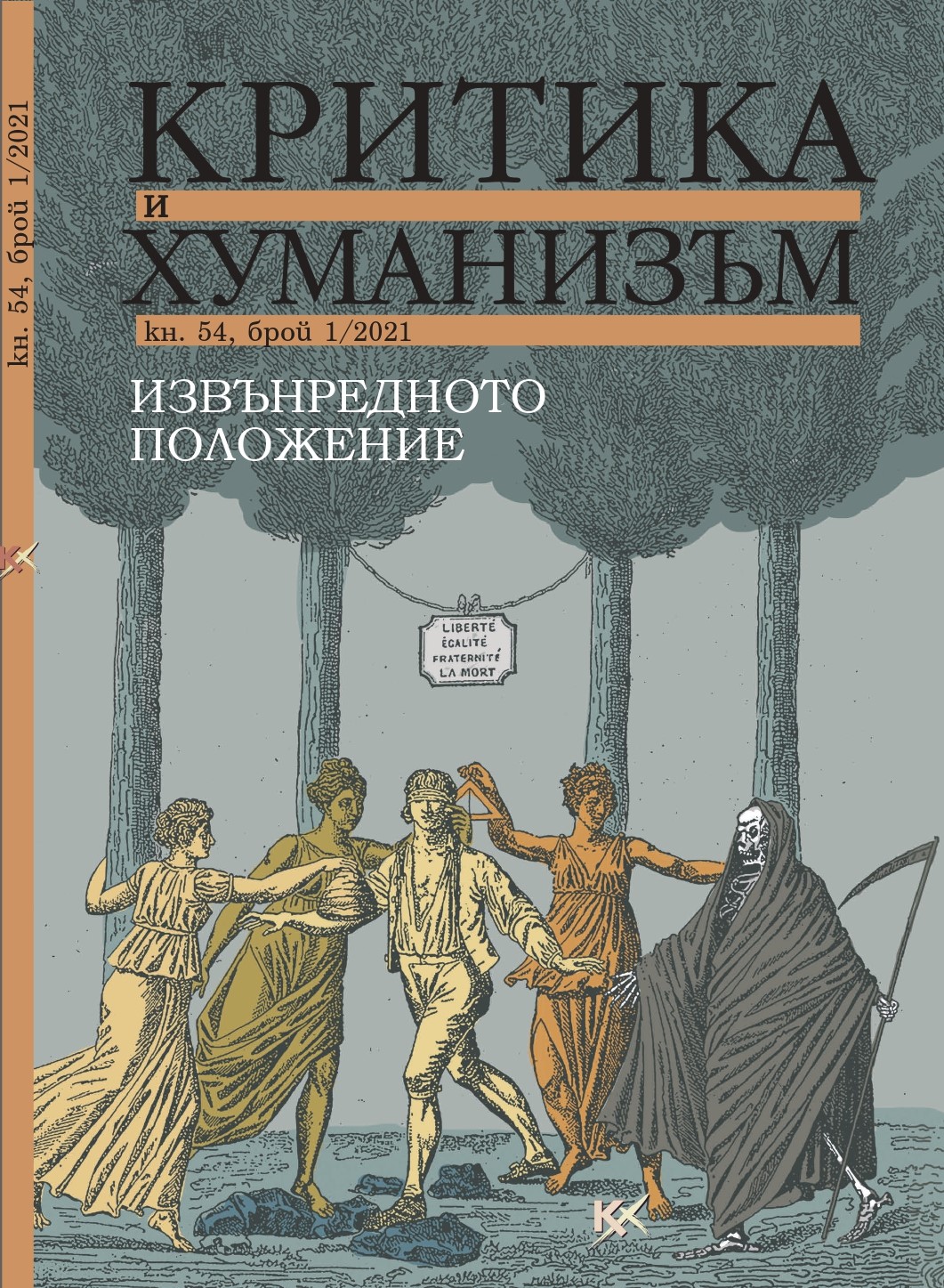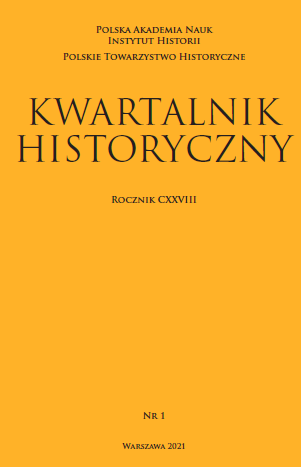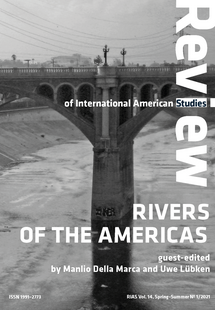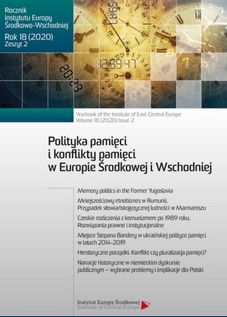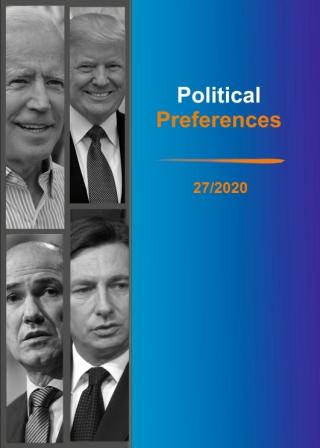
Regime Preferences in Communist Czechoslovakia and the Narrative on the Slovak National Uprising
Most of the participants in the Slovak National Uprising (SNP) were fighting for the ideals of democracy and freedom, for the defeat of fascism and Nazism and for the new Czechoslovak Republic with equal status for the Slovak people within it. They could not have foreseen that communist totalitarianism would be established after the war, one that would try to use the Uprising as a precursor for the socialist revolution (Fremal 2010: 359). The Communist Party, with the support of historians, utilised the legacy of the SNP to justify its political actions. Czechoslovak identity was also constructed through the image of the SNP, whose annual celebrations provided the communists with the opportunity to interpret the legacy of the SNP in various forms. This work deals with the way the communists interpreted the SNP in order to convince the public that this was a people's Uprising intended to lead to social equality and the eventual acceptance of communism in Czechoslovakia in the years 1947,1948 and 1954.
More...
